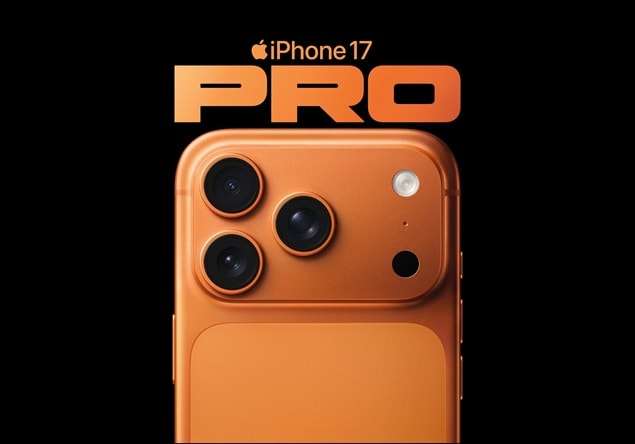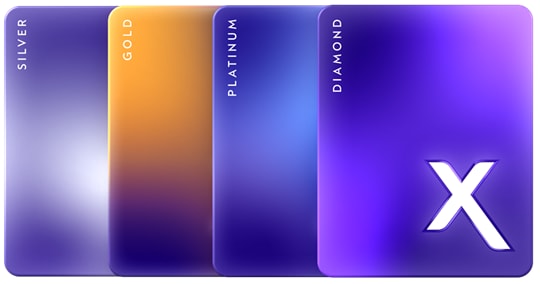If you’ve been wondering, "Why is my phone hot? Why is my smartphone overheating? How do I get my device to cool down?” there’s no reason to panic. We have answers to your questions and tips to keep your phone cool.
Why Is My Phone Hot?
If your phone is overheating, it maybe be from long hours of streaming, running too many apps at the same time, trying to use your phone with a bad signal, leaving it in direct sunlight or malware (Androids only). We explain further these common issues that cause a phone to overheat plus tips to prevent and/or fit it.
Where there’s energy, there’s heat. When you turn on your smartphone, billions of electrons shuttle around its computer circuits, enabling your device’s camera, apps, games, and calls to work. While these actions normally create heat, overheating can cause your cell phone to:
- Seriously reduce performance
- Battery degradation
- Decreased lifespan of the device
- Melt the central processing unit (CPU) in the mobile phone
- In a worst-case scenario, cause an explosion
Watching videos or playing games for hours
Streaming movies or playing games for long periods of time taxes your phone’s CPU. If the phone is charging while you’re playing, it can become hot and damage the battery’s performance in the long run.
Running too many apps at once
It doesn’t hurt to close the apps on your phone once you’re finished with it or when you’re not using them. Do you really need YouTube, Hinge, Candy Crush Saga, Instagram, Safari, Facebook and ESPN running simultaneously? The answer is no
Every open app running in the background taps into your phone’s processor, your phone’s memory (called RAM), and its battery. The more apps you have, the higher the energy demand. App updates often fix software bugs that can degrade your phone’s efficiency and performance, so be sure your apps are set to auto update or check for updates regularly.
Bugs and older software may cause apps to take in more energy to run smoothly (or, at all) and that alone can cause smartphones to overheat. Frequently updating your apps keeps them from overexerting your phone’s energy reserves.
Bad signal
We’ve all been there, suddenly we have no reception or spotty service, so we lift our phone aimlessly, waving it around in different directions as if that will magically improve our signal.
What’s really happening? Your smartphone is working overtime to find a signal, whether it be cellular, WiFi, or Bluetooth. If you’re in a location with a weak cellular signal or no WiFi, your phone puts in double duty by putting more energy into the mobile antenna.
Outdoor use
If your phone feels hot, you must think about any direct access to the sun. Did you place your phone on a sunny windowsill? In a hot car? On the concrete steps to your back porch?
You probably didn’t put it there on purpose but leaving your smartphone with direct exposure to sunlight can turn the metal and glass components into a mini oven, baking the delicate computer components inside.
If you’re outside with your smartphone, consider leaving it in a darker cooler place such as a pocket, backpack, or purse. If you’re somewhere like the beach, consider folding a corner of your towel and tucking your phone in there (that also helps to avoid any saltwater or sand getting into your phone—you don’t want to compound one problem with a new one).
Malware or viruses (Androids only)
Android devices are susceptible to an additional factor that iPhones are not— overheating due to exposure to malware or viruses. iPhones aren’t susceptible to malware because Apple doesn’t allow any non-Apple software on their devices.
An Android, however, can become infected with a virus that causes overheating. Android users should consider installing a reliable antivirus software program on their device. They check for possible malware could inflict damage to your phone.
My Phone is Overheating—How Do I Cool Down My Phone?
If you find your smartphone starting to overheat, you can try to cool it down by removing the protective case, switching to low-power mode, or putting the phone in a shady area.
Smartphones are built with the dissipating heat in mind, but many protective cases will trap that heat and raise the overall temperature of the phone.
In the same way that you’ll throw off the covers in the middle of the night when your temperature is rising and you’re overheating in bed—ditching the phone case can help your smartphone cool down more easily.
Charge Your Phone on a Cool (Not Cold) Surface
Never charge your phone overnight on a bed, blanket, or pillow! Heat must be able to escape the phone during the charging process and charging on a bed, blanket or pillow ends up trapping more heat. A nightstand is the best area for charging your phone bedside.
Leave Your Screen Brightness on Low
Dimming your screen’s brightness and immediately turning off GPS, Bluetooth, and Wi-Fi—even going into airplane mode—helps reduce the energy demands of your iPhone or Android device.
The more energy you use, the hotter your phone gets – it’s as simple as that. Not only do you get the added conserved energy, but you’re doing your eyes a favor by reducing the strain caused by staring at a bright light.
Do Not Put an Overheated Phone in the Refrigerator. . .
If your phone is overheating, NEVER put an overtaxed phone in the refrigerator or freezer. Although both iPhones and Androids are designed to be used at temperatures as low as 32 degrees Fahrenheit, huge swings in temperature and exposure to moisture can damage your phone beyond repair.
How Do I Prevent My Phone from Overheating?
Prevention is the best medicine when it comes to keeping your phone from overheating. These simple tips go a long way toward prolonging the life of your phone and battery and prevent your phone overheating.
Use The Right Charger
Like the phones themselves, chargers are not created equally. You should never buy a used charger or one that’s not manufacturer-approved. Chargers and charging cables have different wattages, and many phone chargers are optimized for a specific brand.
Regularly Give Your Smart Phone a Good “House Cleaning”
Close out apps you’re not using. Delete those you no longer use and, if needed, update those you want to keep. Adjust the settings on your phone to dim the screen.
Invest in Apps that Remove Junk or Malware
Cleaner apps, such as Clean Master and Power Clean, remove junk files from your phone and identify apps that are hurting your phone and/or its battery’s performance. Consider downloading antivirus software to prevent unwanted malware from infecting your device and draining its power behind your back, which can result in extra power consumption and overheating if not diagnosed and addressed.
Keep Your Phone Out of the Sun/Heat
Keep your phone in the shade and don’t leave it in a hot car or place it on a hot surface, like a radiator or stove top.
What is a Normal Amount of Heat to Come from My Smartphone?
Smartphones pack a huge amount of energy and computing power into a tiny package, and although the latest phones are built to withstand everyday situations and some temperature range, none are immune to overheating.
All of that said, if you’ve been using your phone for a long time, a little heat coming from your smartphone is perfectly normal.
Learning to recognize the reasons your phone gets hot and taking simple steps to prevent it is an important part of being a smartphone owner. Recognizing the signs of something gone awry or amiss early is important. Whether you've having Android phone or iPhone overheating issues, there's likely an easy solution at hand. And if you do happen to damage your phone beyond repair, like melting the phone's CPU, check out our selection of mobile phones for an immediate replacement.




